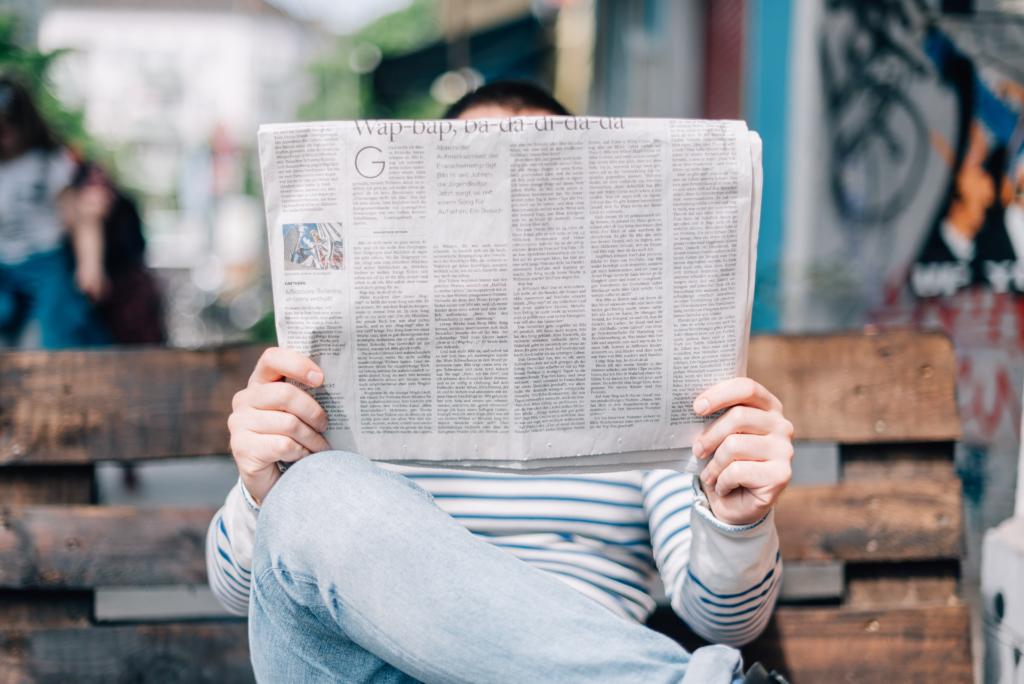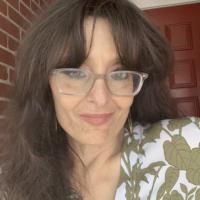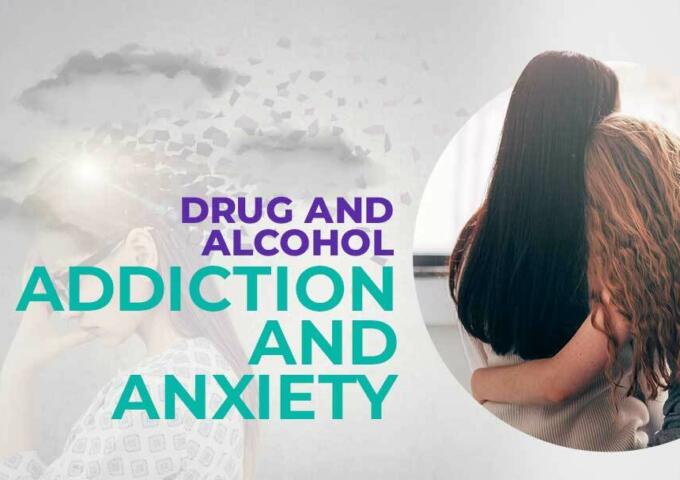Let’s get this out of the way at the beginning: I wrote for the Daily News and the Philadelphia Inquirer from 2003 until March of 2020, when I was fired. The official reason for letting me go was my social media presence. The editors suggested to me that my rather feisty responses to the readers I’d managed to annoy were counterproductive, and not what the paper wanted. I was told that I should not offend the people who are paying good money to read (and criticize) what I wrote.
The real reason for my dismissal was a virus similar to that other one that emerged in 2020: wokeness. Yes, COVID-19 took lives, which are infinitely more important than any newspaper byline. But what is happening at newspapers and media outlets across the country is threatening journalism at a very real level. Conservatives like me are becoming inconvenient, and it’s not because of anything related to Donald Trump or the fickle cycle of politics. This is about a sea change in the way that society is approaching how we present the news, how we access it, how we digest it and the sort of impact it should have on its consumers – the average American.
It’s not limited to the paper I used to write for, and the only reason the Daily News and Inquirer are exceptional is that they openly admitted what they were doing. They deserve some limited credit for placing their cards on the table.
Those cards were revealed recently, in a manifesto disguised as an OpEd penned by Inquirer CEO and Publisher Lisa Hughes, who openly proclaimed that from now on, the paper (including the its sister publication, the Daily News) will be skewing the facts to advance a preferred narrative, one that incorporates social justice policy with a politically relevant impact.
Hughes’ piece announced the institution of new protocols that would ensure that the papers’ news coverage was “anti-racist.” The new policy apparently followed multiple meetings that took place over the past year, triggered by the controversy over a headline that appeared shortly after the killing of George Floyd in May 2020. That headline, attached to a column by Pulitzer Prize-winning architectural critic Inga Saffron read “Buildings Matter Too.” Deemed a “grievous and unpardonable offense” by Hughes, those three words precipitated the resignation of an editor, the “retirement” of several administrators and staffers and as we now learn from the CEO’s OpEd, “a comprehensive process to examine nearly every facet of what our journalists do.”
The OpEd provides a list of ways in which the paper will seek to combat perceived or overt racism, one of which will directly impact the readers’ ability to access information, and one of which actually involves changing the focus of news coverage.
In the first case, the Inquirer is going to make it more difficult to find stories that reflect negatively on people and communities of color. Hughes writes that they will be “establishing a formal process that will allow, upon petition and approval, for certain types of stories to be rendered harder to find in online searches. This recognizes that our digital archives includes [sic] countless stories focused on minor crimes and disproportionately affect people of color.” Hughes does not specify what will qualify as a “minor crime,” only that stories about some of them will be cast down the memory hole.
In the second case, the papers will try not to report as frequently on crime in neighborhoods that, again, might reflect negatively on communities of color. Hughes notes that they will be “establishing a Community News Desk to address long-standing shortcomings in how our journalism portrays Philadelphia communities, which have often been stigmatized by coverage that over-emphasizes crime.” One takeaway from this is that, depending on where a crime happens, it may or may not be reported as visibly as if it had occurred in another neighborhood.
Even after my own experience with the paper, I admit that when I saw these admissions in print, I was taken aback. Here was a news outlet openly stating that it was going to attempt to skew the news so that it did not cast certain communities or individuals in a negative light.
Let’s look at some probable repercussions.

A newspaper is now going to turn its investigative and reporting activities into an editorial barometer of what will, or will not, benefit certain specific communities. It will change the delivery, the focus, access to and the nature of news to advance a preferred social narrative.
It will slant, by omission, current events to present a manufactured picture of what is actually happening in the streets.
That will impact the authenticity of journalism, sure.
But it will have a larger impact as well. It will place a finger on the scale of elections, by downplaying criminal activity in certain areas of the city and thereby favoring certain candidates and philosophies over others. We saw that recently in the Democratic primary for district attorney. It was no surprise, nor was it a problem in the least, for the editorial board at the Inquirer to endorse Larry Krasner. That is the prerogative of editors and OpEd columnists. Lord knows, I was outspoken in criticizing Krasner when I wrote for both papers.
But imagine if the papers attempted to shift focus away from crimes in the same black and brown and immigrant neighborhoods that voted overwhelmingly for Krasner. That would have a direct impact on the vote, and on the political process.
Editors and columnists can be biased, but it is not the job of the Fourth Estate to have such a weighty and, to my mind, dishonest impact on our public offices and their management.
Newspapers don’t get to report the news they want, just as they don’t get to choose the facts that are more convenient to their “anti-racist” agenda.
If they do that, they are no longer filling the sacred role they’ve always presumed to fill, particularly not in the city that gave us the First Amendment.





